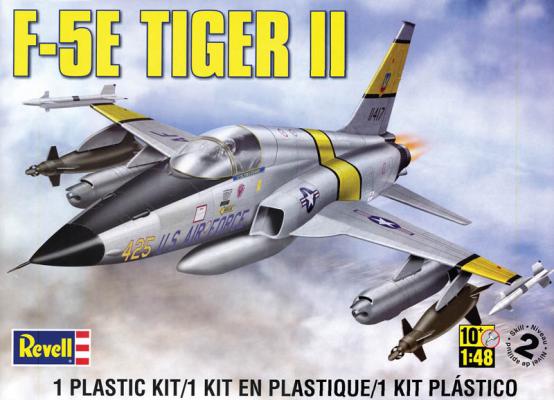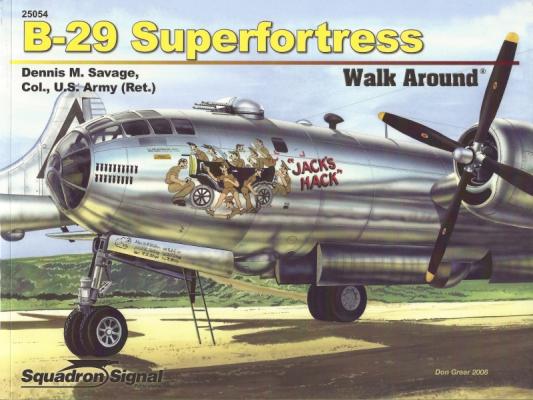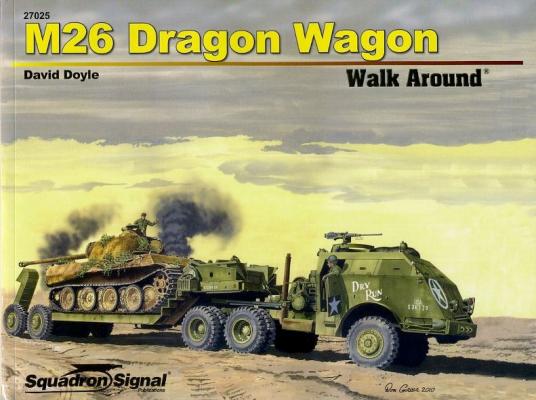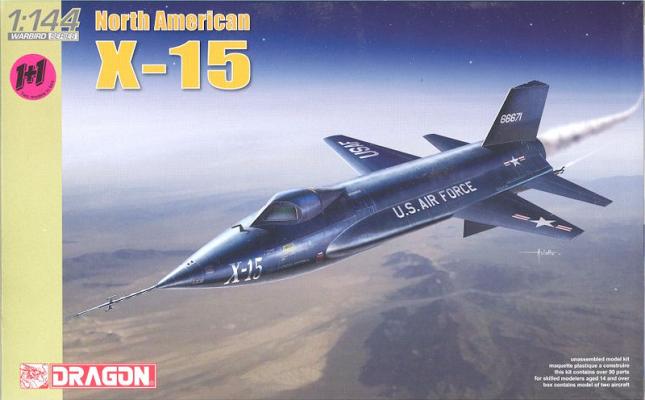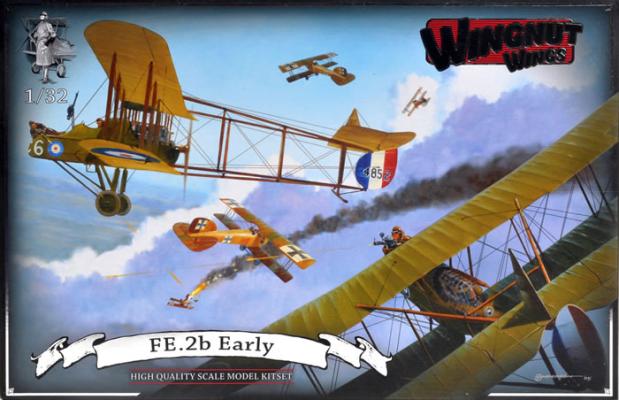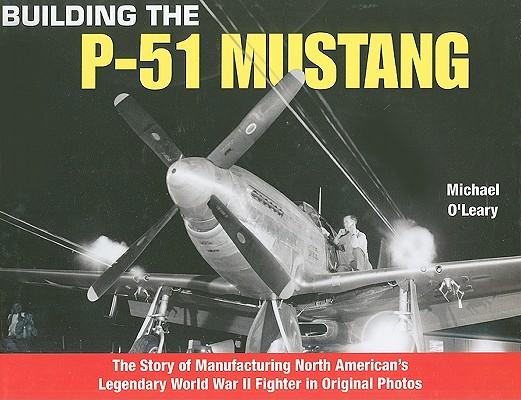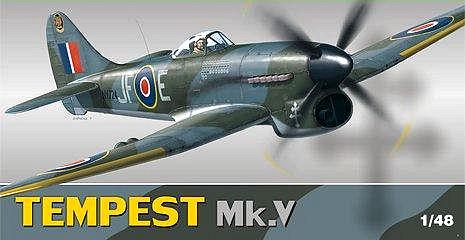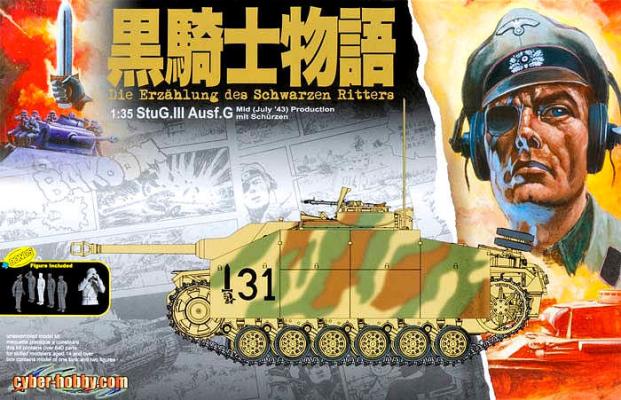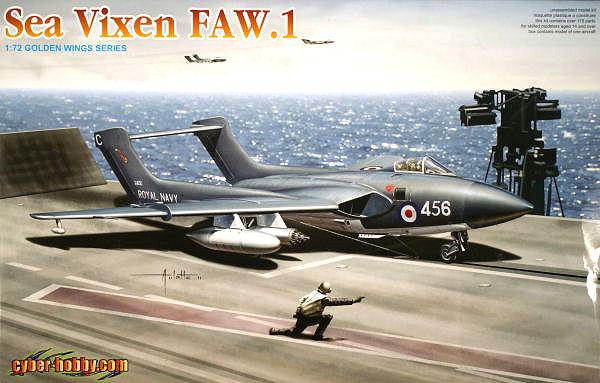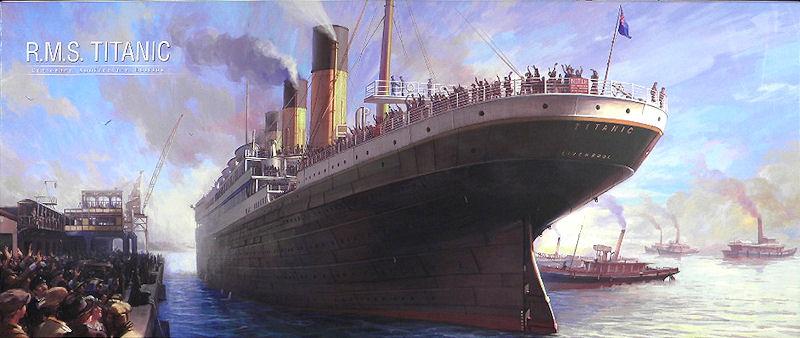This kit is another of the classic Revell/Monogram releases that has been around for almost thirty years and has been released and re-released in numerous guises. Many have regarded it as “the best 1/48th scale F-5 around” for almost as long. Until recently, its only competition has been the Esci/AMT version. It does accurately capture the shape of the Tiger II, and this release, like so many earlier ones, provides loads of extra parts and options, including a large CL drop tank, two Sidewinders, two 2000lb LGBs, two Vulcan gun pods, a boarding ladder, numerous additional antenna used on many NATO aircraft, and an RF-5 nose in addition to the standard pointed fighter nose (no flat “shark” nose, however). The kit also includes a very familiar walking pilot figure. Gone is the small PE sheet from the earlier “Hi-tech” version. Too bad.
What's New
The B-29 has always had a special place in my memory. Shortly after WWII, I was a kid growing up at the end of the Dobbins AFB runway in Marietta, Georgia. Adjacent to Dobbins was the “Bomber Plant”. Later I discovered that the “Bomber Plant” was really a government aircraft factory run by Bell Aircraft Company and specifically designed to build Boeing’s B-29 Superfortress. I can still see those giant aircraft taking off and landing over our house.
Soon, Bell stopped building the B-29s and the Air Force closed the plant. The only reminder left behind was a B-29 on static display at Larry Bell Park. That aircraft got plenty of use by the kids playing under and around its huge bulk.
Years later I met a gentleman who flew as a navigator on the B-29 and who became my father-in-law. I remember the stories he would tell of how “that thing” would struggle to get airborne as they watched for telltale signs of fire in the engines.
Squadron Signal has produced another of their walk around publications that features a detailed look at a piece of military equipment, in this case the M26 Dragon Wagon. Recently, Squadron has begun to produce a softback and hardback edition of these works; this happens to be the softback version. A review of the hardback version can also be found on this website.
The Aircraft
The X-15 was the first aircraft to “officially” make a space flight. The US considers any flight that reaches an altitude of 50 miles to be a space flight, and 8 pilots met this criterion. The FAI requires 100 km (62 miles) altitude for a space flight, and two flights, both with Joe Walker as pilot, achieved this height. The X-15 also holds the record for fastest manned aircraft, at 4092 mph.
With all the publicity surrounding the X-15 program, I was surprised that there were only three built, and you can build two of them, 56-6670 and 56-6671. The third, 56-6672 could be built from the parts supplied, but you’d need serial number decals.
The Kit
This is one of Dragon’s 1+1 kits, and it comes with enough parts and decals to build two complete X-15s. You also get the wheeled dolly that was put under the landing skids to allow the X-15 to be moved after landing.
The Royal Aircraft Factory Farman Experimental 2b was an update to the FE.2a “Gun Carrier” that flew in January, 1915. This basic airframe served from 1915 through the end of hostilities in November, 1918, being used as a fighter, bomber, and reconnaissance aircraft. It is one of the best pusher designs to fly in the Great War. Wingnut Wings has done the WWI aircraft modeling community a great service by producing this kit, especially in the quality molding and engineering resulting in an easy (relatively) build with excellent fit and detail.
What more can be said about America’s all time greatest fighter aircraft, the North American P-51 Mustang? While pondering this thought as a modeler, I realize we have a lot of unanswered questions. As a P-51 crew chief, I am always asked off the wall questions from the P-51 enthusiasts and fellow modelers alike. Lastly, as an A&P mechanic and P-51 restoration guy, I had a few unanswered questions myself.
History Brief
Hawker’s next sibling in line following its older brother the Typhoon, the Tempest featured a new, more advanced laminar flow wing, newer and more powerful engines, and other numerous innovations. The first Tempest Mk V prototype flew on September 2nd, 1942. Pressing onward into service, the Hawker Tempest Mk V saw two notable types. Series 1 had the older style long barrel Hispano Mk. II cannon extending past the leading edge of the wing and small fish plates riveted over the joint between the rear fuselage and tail unit as reinforcement. Series II aircraft were fitted with the new short-barreled Hispano Mk. V cannon completely fitted in the wing and were able to carry two 45-gal drop tanks.
Famous for defending against the dreaded V-1 buzz bombs and for their ground attack capabilities, the Tempest Mk Vs served the RAF from April 1944 to well past the war’s end with honor and was truly a beauty of a beast.
“Die Erzählung des Schwarzen Ritters” is the story of a German Oberleutnant during World War II. It is, however, a fictional story that was the basis for a comic book series alternatively known as The Story of the Black Knights. For a more in-depth background, and a look at the first release in the Black Knights series, check out a previous review.
The De Haviland Sea Vixen is one of my favorite aircraft, mostly because it is so unusual looking. I am very happy that Dragon (Cyber Hobbies) has chosen to make a kit of this strange aircraft.
Dragon produced this kit in 126 parts in light grey plastic which is very brittle. I have built several Dragon Golden Wing series aircraft and I am always amazed at all the fine detail they put into their kits. This one is no exception.
Monday, April 15th, 1912 – While on her maiden voyage from Southampton, England, to New York City, New York, the White Star ocean liner RMS Titanic sank in the North Atlantic Ocean as a result of striking an iceberg. The tragedy resulted in the loss of 1,517 lives and forever impacted the Ocean liner industry. Billed as the largest passenger ship in the world [at the time], the Olympic-class Titanic was referred to as “unsinkable” due to its compartmented sections and watertight doors. Design flaws, however, rendered these features useless. During the night of April 14th, the RMS Titanic struck an iceberg along her starboard side, causing the rivets which held her steel hull plates to break. This opened the hull along multiple compartments, something the designers had not foreseen.

